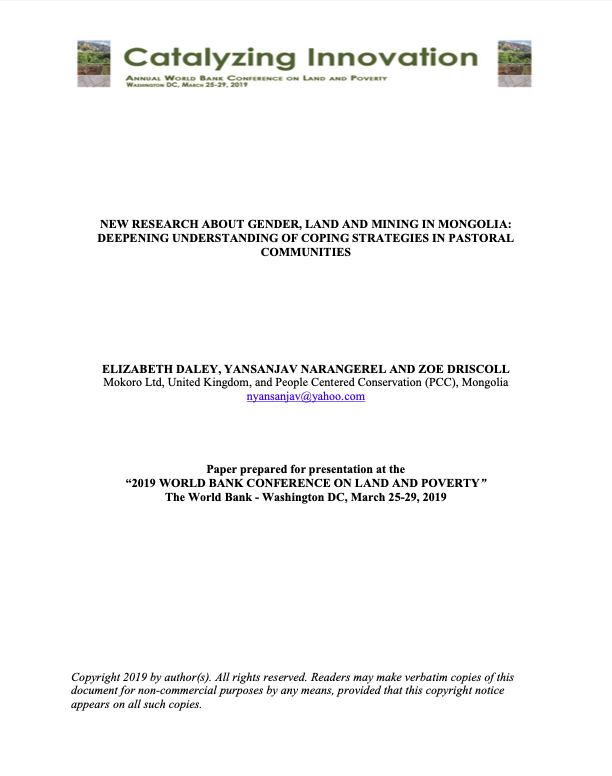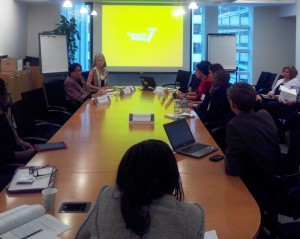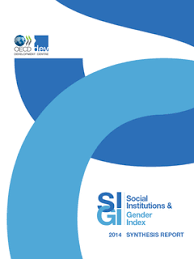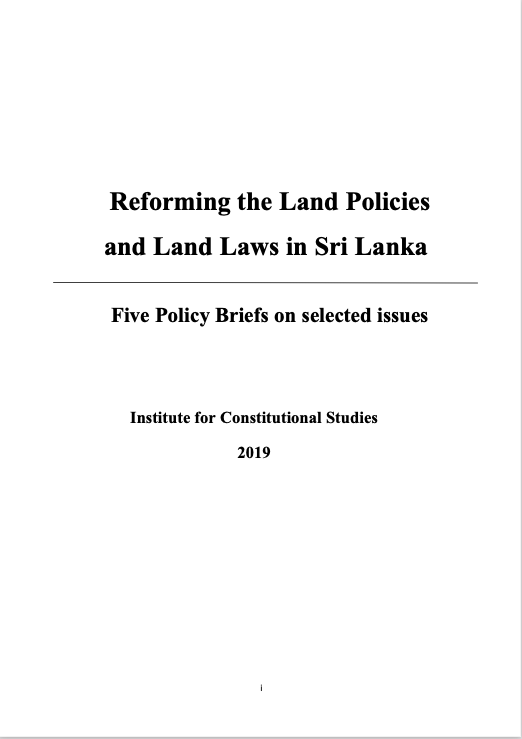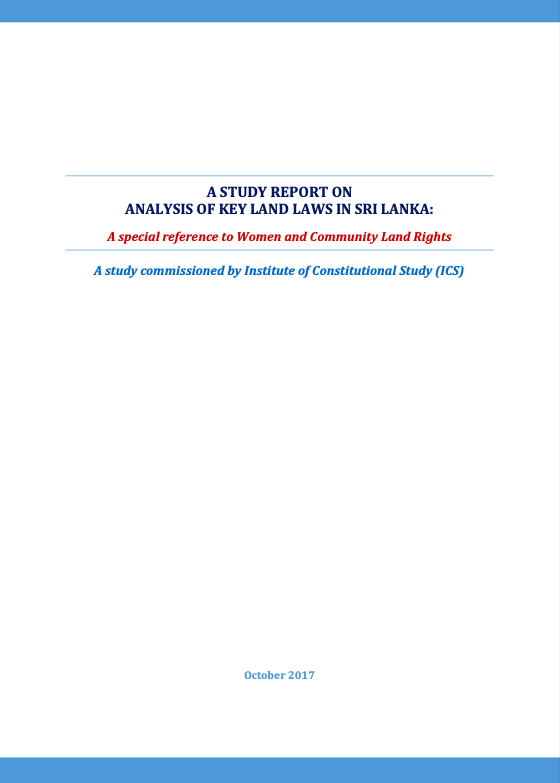Gender and access to land
Gender issues are often ignored in projects that aim to improve land tenure and land administration. To support land administrators in governments and their counterparts in civil society, this guide shows where and why gender inclusion is important in projects. In order to help inform policy and implementation decisions, it identifies indicators for measuring the quality and quantity of access to land before, during and after an intervention and outlines recommended principles for gender inclusion in land administration projects.



